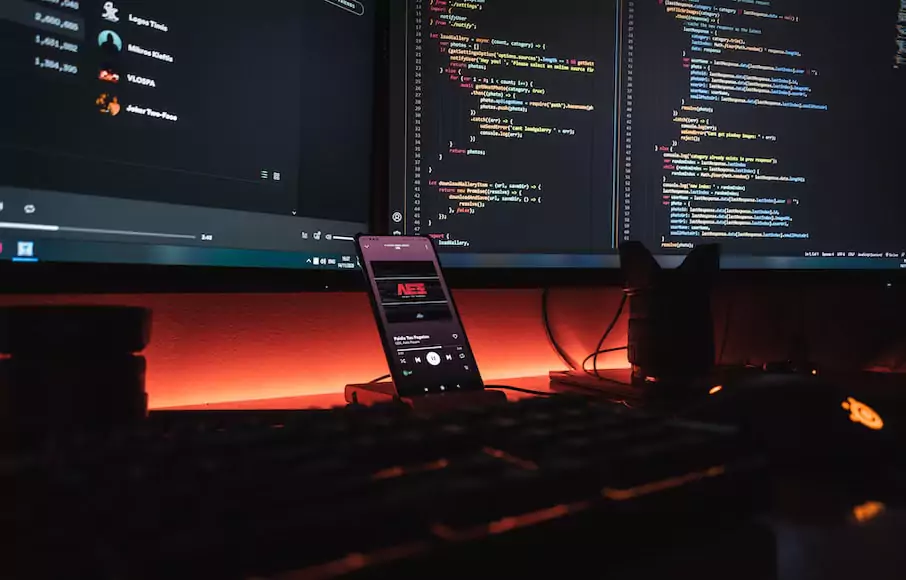It’s not uncommon for those immersed in a field or specialty to start seeing the world through that lens. For computer science enthusiasts and professionals, this can mean viewing everyday life as a series of codes and algorithms. But, is it normal to have your life run by code?

✅ AI Essay Writer ✅ AI Detector ✅ Plagchecker ✅ Paraphraser
✅ Summarizer ✅ Citation Generator

Key Takeaways:
- Applying concepts from computer science to everyday life situations can enhance understanding and retention.
- Recognizing a need for balance and engaging in activities outside of coding can help maintain mental health.
- The way we perceive our surroundings is heavily influenced by our focus, knowledge, and experiences.
It’s pretty usual to associate stuff we see in our daily life with our work or hobbies. In the realm of computer science, theories like matrices, queues, boolean algebra, set theory, etc., have been derived to make sense of the universe around us. These theories become tools to observe, predict, and engage with reality. Thus, a computer science enthusiast might see things around them in terms of code, viewing life as a vast, interactive simulation.
The Power of Pattern Recognition
One of the most valuable skills developed by programming is pattern recognition. Brains naturally gravitate towards patterns, and a focus on coding can intensify this tendency.
This can lead to situations where everyday phenomena are conceptualized in terms of coding patterns and structures. Recognizing this tendency can serve as an important reminder to balance coding with other interests and activities.
Maintaining a Healthy Balance
Immersing oneself in computer science concepts isn’t inherently harmful. However, if you find that this perspective is overwhelming your thoughts or causing stress, it might be time to take a step back.
Diversifying your hobbies and interests can help provide a more rounded perspective and prevent burnout. Engaging in activities unrelated to coding can offer a refreshing break, resetting your mind, and fostering a healthy balance.
How to Relax Your Brain after Studies
After hours of intense studying, it’s vital to give your brain some well-deserved rest. Whether you’ve been immersing yourself in computer science or any other field, stepping away and engaging in relaxation activities can help your brain process and consolidate the information you’ve learned.
Activities such as taking a walk in nature, practicing mindfulness meditation, or simply enjoying a book unrelated to your field of study can work wonders in recharging your brain and preparing it for the next bout of learning.
Seeing life through the lens of coding is an interesting phenomenon often experienced by those deep in the world of computer science. While it can enhance understanding and make concepts more relatable, it’s essential to maintain a balanced perspective. Taking time for hobbies outside the ‘code zone’, recognizing the tendency to ‘code-ify’ everything, and laughing it off can help achieve this balance. The intersection of computer science and life is fascinating, but always remember – there’s more to life than code.
Follow us on Reddit for more insights and updates.





Comments (0)
Welcome to A*Help comments!
We’re all about debate and discussion at A*Help.
We value the diverse opinions of users, so you may find points of view that you don’t agree with. And that’s cool. However, there are certain things we’re not OK with: attempts to manipulate our data in any way, for example, or the posting of discriminative, offensive, hateful, or disparaging material.